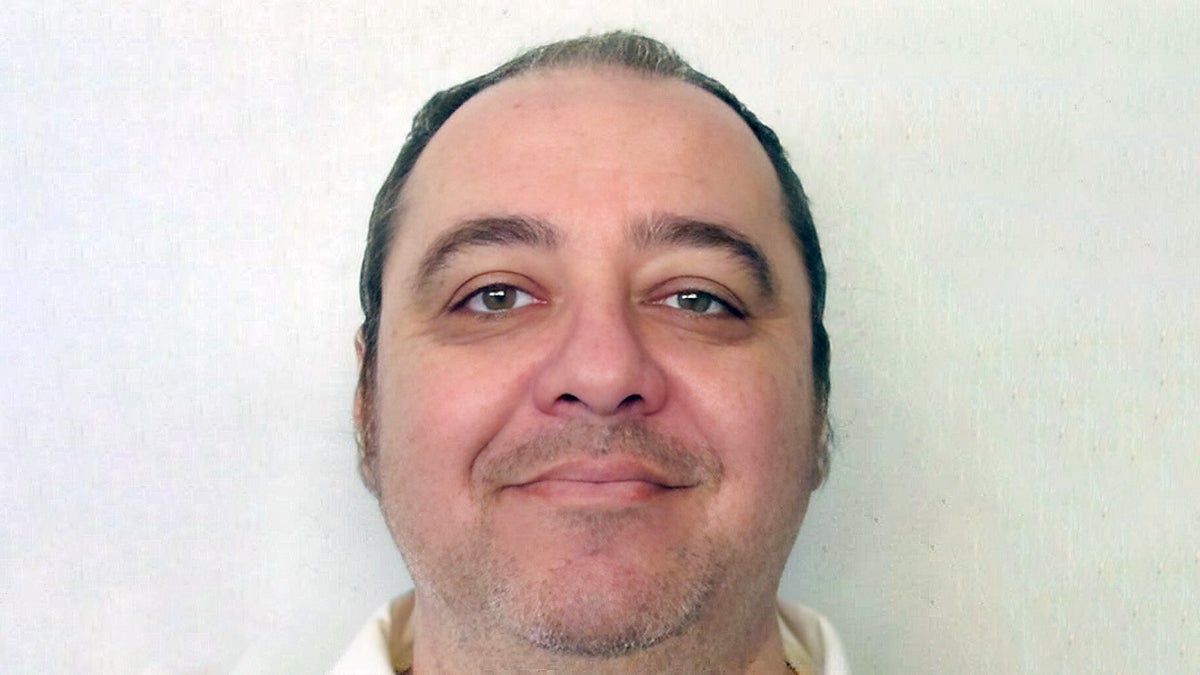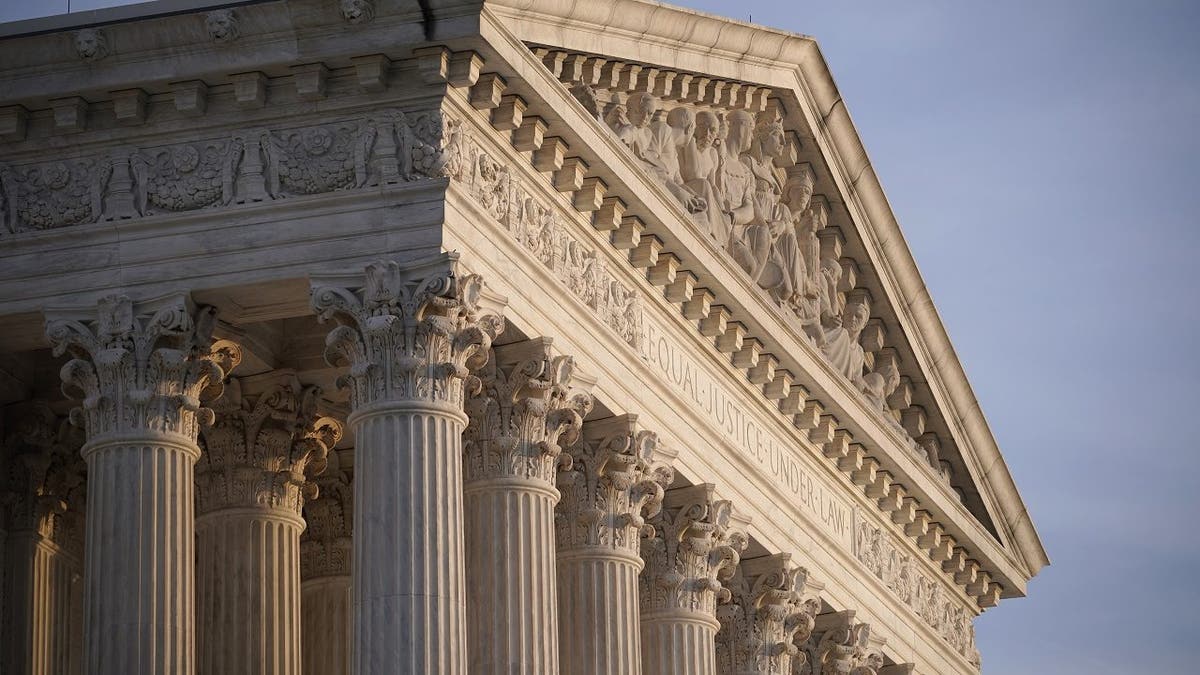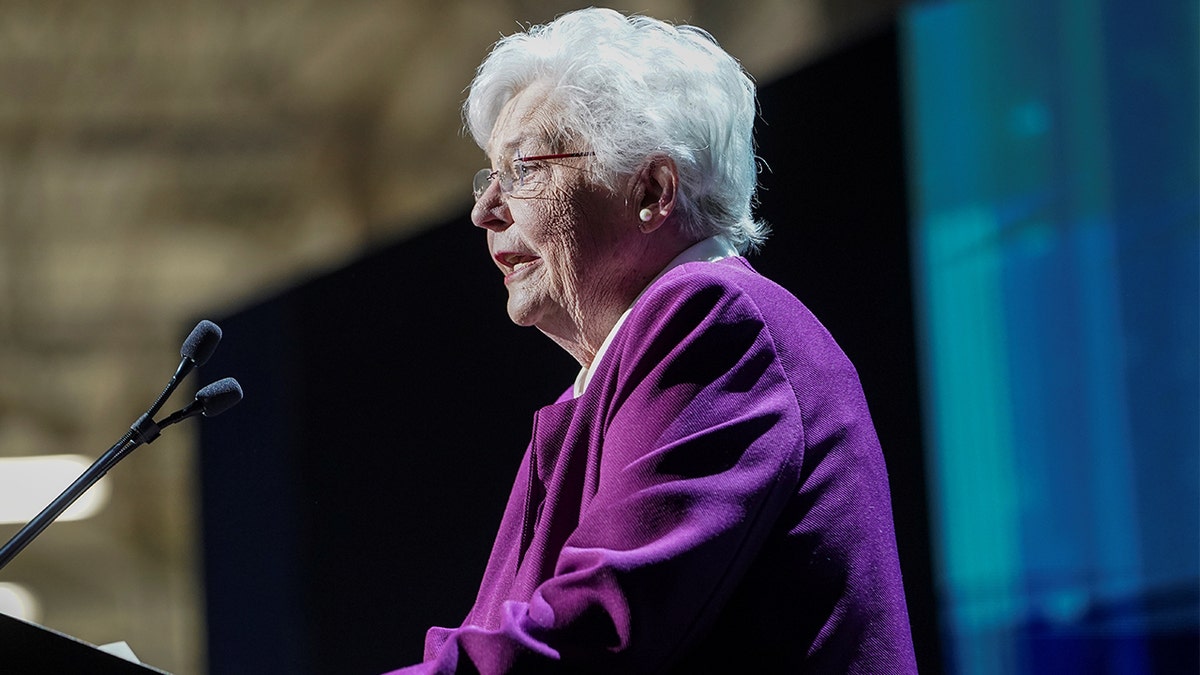Alabama councilman arrested after allegedly punching mayor over 'vulgar and disgusting comments'
An Alabama councilman was arrested after he allegedly punched the mayor of the town he represents on Monday night. (Tarrant Police Department)
Alabama's execution of a man convicted in a 1998 murder-for-hire killing of a preacher's wife was called off before the midnight deadline on Thursday because state officials couldn't find a suitable vein for lethal injection.
Alabama Department of Corrections Commissioner John Hamm said staff at the prison tried for an hour to get the two required intravenous lines connected to Kenneth Eugene Smith.
One line was established, but attempts with a second line were unsuccessful after trying several locations on the 57-year-old's body. Officials then tried a central line, which involves a catheter placed into a large vein.
"We were not able to have time to complete that, so we called off the execution," Hamm said.
Because the death warrant expired at midnight, the state must go back to court to seek a new execution date.

This undated photo provided by Alabama Department of Corrections shows inmate Kenneth Eugene Smith, who was convicted in a 1988 murder-for-hire slaying of a preacher’s wife. ((Alabama Department of Corrections via AP))
It is the second execution since September that the state has canceled due to difficulties with establishing an IV line ahead of a deadline.
The Supreme Court had cleared the way from Smith's execution, lifting a stay issued by the 11th U.S Circuit Court of Appeals earlier in the evening.
The postponement came after Smith's final appeals focused on problems with intravenous lines at Alabama's last two scheduled lethal injections.
Alabama Gov. Kay Ivey blamed Smith’s last-minute appeals for the execution not going forward as scheduled.
"Kenneth Eugene Smith chose $1,000 over the life of Elizabeth Dorlene Sennett, and he was guilty, no question about it. Some three decades ago, a promise was made to Elizabeth’s family that justice would be served through a lawfully imposed death sentence," Ivey said. "Although that justice could not be carried out tonight because of last minute legal attempts to delay or cancel the execution, attempting it was the right thing to do."
The Supreme Court denied Smith's request to review the constitutionality of his death sentence after Alabama-based nonprofit the Equal Justice Initiative said he stands to become the first state prisoner sentenced by judicial override to be executed since the practice was abolished in 2017.

The Supreme Court of the United States (AP Photo/J. Scott Applewhite, FileY)
TEXAS INMATE CONVICTED OF KILLING HIS PREGNANT EX-GIRLFRIEND AND 7-YEAR-OLD SEEKS TO STOP EXECUTION
In the hours before the execution was scheduled to be carried out, the prison system said Smith visited with his attorney and family members, ate cheese curls and drank water.
Prosecutors said the death row inmate was one of two men who were each paid $1,000 to kill Elizabeth Sennett on behalf of her husband, Charles Sennet Sr., who wanted to collect on insurance. Sennett was found dead in her Colbert County home on March 18, 1988, and the coroner testified that the 45-year-old had been stabbed eight times in the chest and once on each side of the neck.
Her husband killed himself when the murder investigation focused on him as a suspect.
John Forrest Parker, the other man convicted in the slaying, was executed in 2010.

FILE: Alabama Governor Kay Ivey speaks at the opening of a Mercedes-Benz electric vehicle Battery Factory, in Woodstock, Alabama, U.S., March 15, 2022. (REUTERS/Elijah Nouvelage)
According to appellate court documents, Smith told police that it was "agreed for John and I to do the murder" and that he took items from the house to make it look like a burglary.
Documents showed Smith’s defense at trial said he participated in the attack, but that he did not intend to kill Sennett.
CLICK HERE TO GET THE FOX NEWS APP
The Associated Press contributed to this report.










































